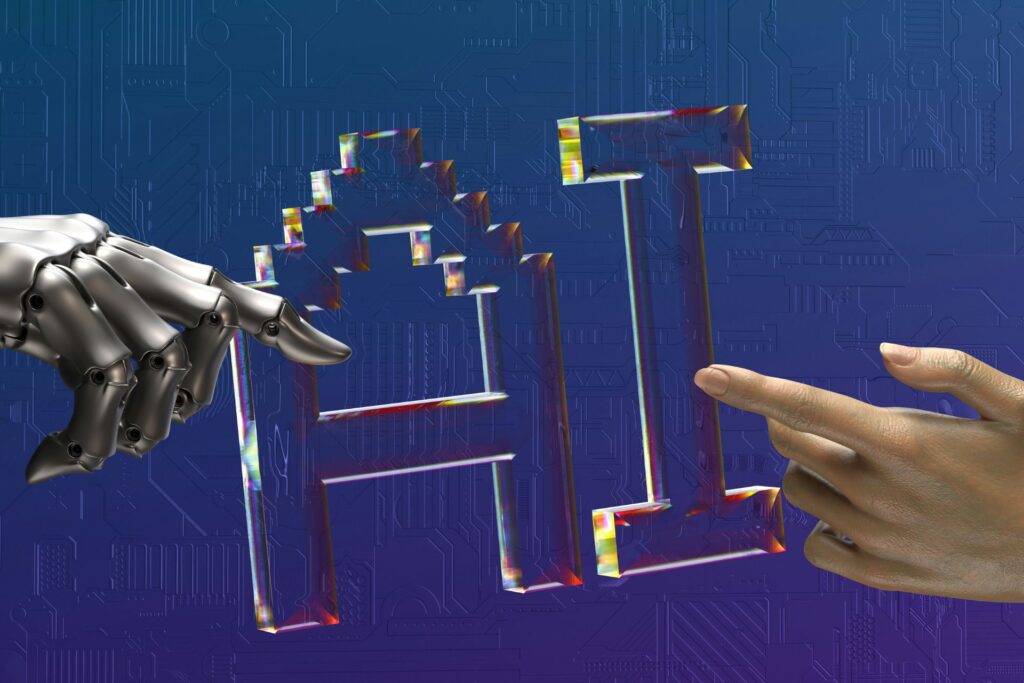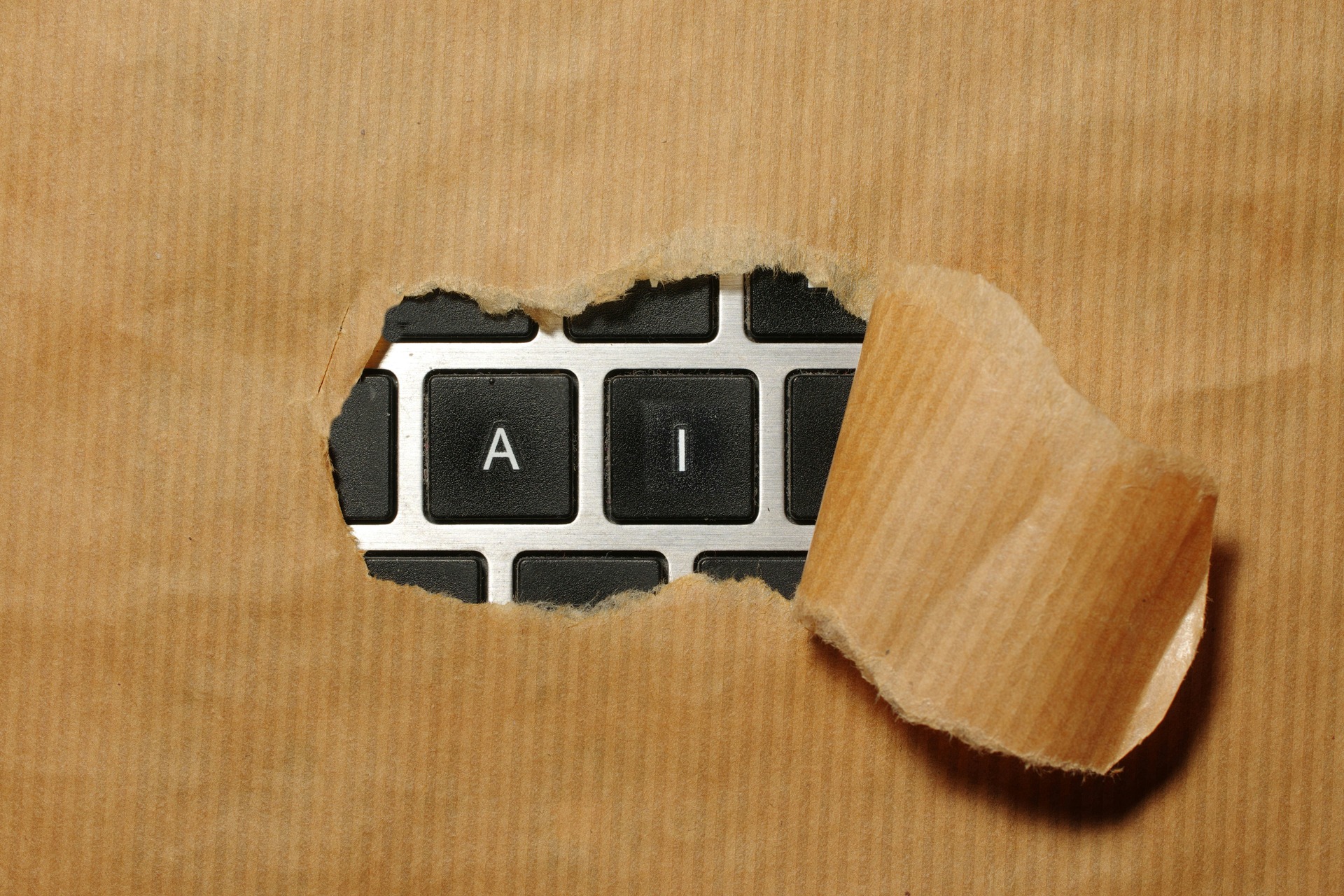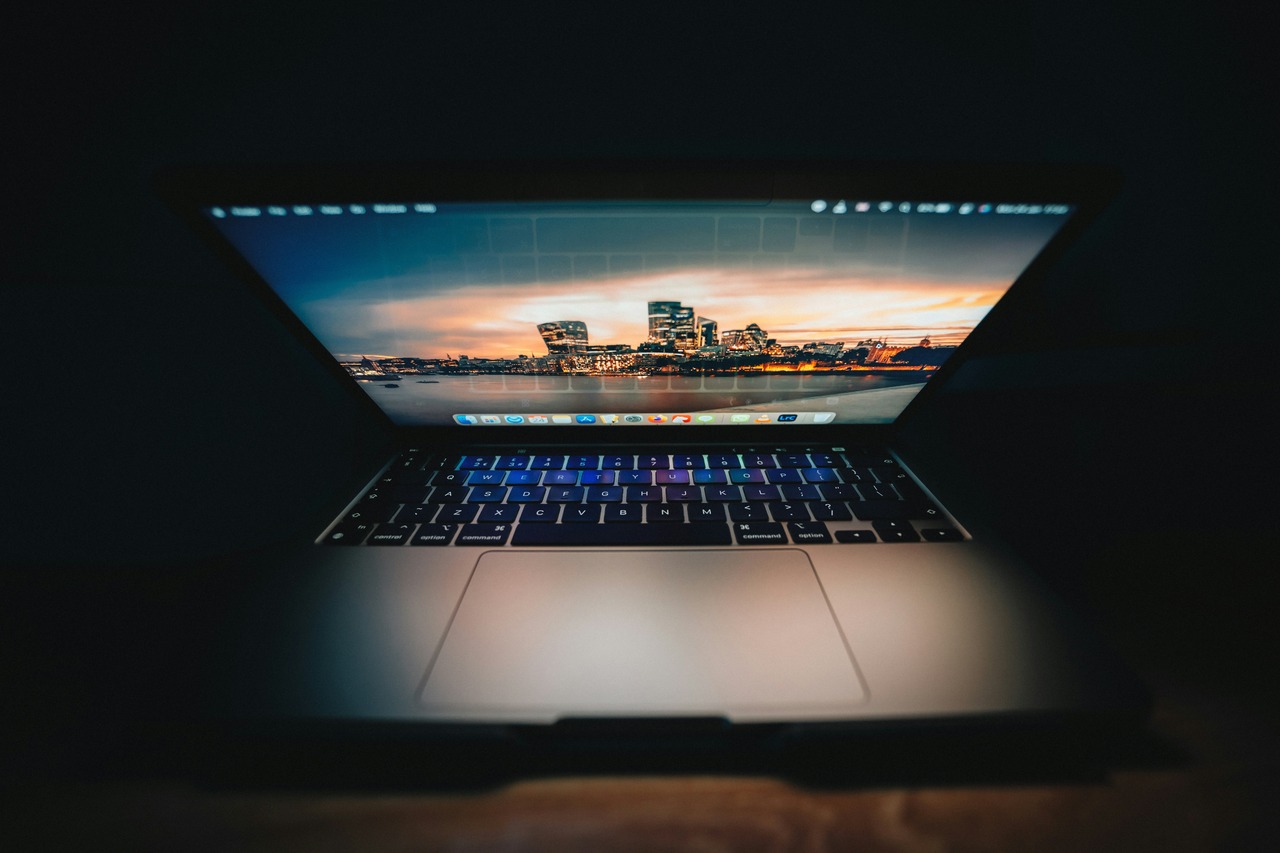Can artificial intelligence and machine learning help people remember why in-store shopping continues to fill needs? Many retail analysts assert that in-person shopping is rapidly losing momentum.
If people can shop online and get their items delivered as soon as hours later, why would they bother to go to physical stores? Other experts insist that brick-and-mortar outlets can still prosper — as long as they adapt.
Here are some ways that those technologies make shopping trips better.
1. Keeping Items in Stock
When someone arrives at a store and finds empty shelves instead of the products they want and need, that individual will likely feel frustrated. Purchasing alternative items may be a possibility, but it isn’t always a feasible option.
Artificial intelligence and machine learning can reveal the clues that tell retailers which products will sell out first, plus provide complementing information, such as the areas of the country or state that will have the most robust sales.
Walmart has an experimental store for testing the technologies that may get rolled out to a wider audience soon. One of the first goals is to ensure that the things people buy are consistently on the shelves when they arrive. The store’s setup uses smart cameras and real-time analytics to track how items sell and alert workers when to replenish them.
How a store uses machine learning and artificial intelligence may not become directly evident to most consumers. However, they’ll see the results of those technologies by noticing a decrease in sold-out items.
2. Showing Relevant Promotions
You’ve probably felt at least slightly annoyed by coming into a store and only seeing advertisements for things you’d never buy that don’t interest you. However, coming across a display that lets you save $5 on a product you had on your list brings a significantly more positive experience.
Retailers are investigating how to use artificial intelligence and machine learning to make retail promotions more relevant to in-store shoppers who are most likely to take advantage of them. Numerous retail tech firms offer tools that show personalized advertising to people in retail outlets.
Some use facial recognition to connect loyalty program participants to current offers. Others take a broader approach by using smart signs to offer real-time advertising but not checking people’s faces.
Machine learning could also give retailers new insights, such as showing which promotions resonate most with consumers and indicating the areas of the store offering prime locations for special displays. If these things happen, the likelihood goes up that shoppers perceive the promotions as welcome and helpful rather than bothersome and unnecessary.
3. Making Employees Equipped to Excel
Working in retail has its challenges. Employees spend time in fast-paced, frequently changing environments. Customers expect them to have reliable information about details such as available sizes, restocking dates and whether the store has more colors of a product in the back.
Artificial intelligence and machine learning could help employees and hiring managers to fill needs in the retail sector. For example, some tools predict a job candidate’s future performance in the role. Meanwhile, it can also highlight gaps in a current employee’s training so that managers can make appropriate decisions.
Technology can also reduce the obstacles that could make employees feel flustered and stressed. Suppose a predictive tool shows that Saturdays between 11 a.m. and 1 p.m. are typically the store’s busiest times. In that case, a manager could make smarter staffing decisions to accommodate the increased customer traffic. They might also use those tools to ensure that newer team members always work alongside more seasoned employees.
4. Facilitating Safety During a Global Pandemic
The COVID-19 pandemic hit many retailers hard. In addition, many are still altering their stores to help people feel safe as the virus threatens public health. Some retailers rely on artificial intelligence and machine learning as they adjust to these strange times.
A machine learning tool could help store managers predict when to stock up on hand sanitizer and masks so that those supplies are always on hand for the people who need them. In Ireland, the Lidl supermarket chain created a chatbot that showed shoppers the quietest times to visit. It uses real-time data — including customer transaction figures — to give suggestions.
In the Colombian city of Medellín, a massive market serves up to 15,000 people per day who buy from more than 3,300 vendors. Artificial intelligence became a vital part of keeping the market open without putting people in unnecessary health danger. Closing it would cause tremendous damage to the local economy and leave many without other shopping options.
Thermal cameras take the temperatures of 200 people per minute and detect if people wear their masks correctly. A fever or incorrect mask usage triggers an alarm so that staff members intervene. Researchers also hope to use artificial intelligence to track how the virus moves through the market’s building and gauge the effectiveness of disinfection measures.
Artificial Intelligence and Machine Learning Enable Retailers To Adjust
Retailers must continue attracting in-person shoppers by making experiences more convenient and enjoyable. Artificial intelligence and machine learning are not magic solutions that achieve those goals in every case. However, these examples prove what’s possible and give glimpses of what to expect in the future.
Recent Stories
Follow Us On
Get the latest tech stories and news in seconds!
Sign up for our newsletter below to receive updates about technology trends




